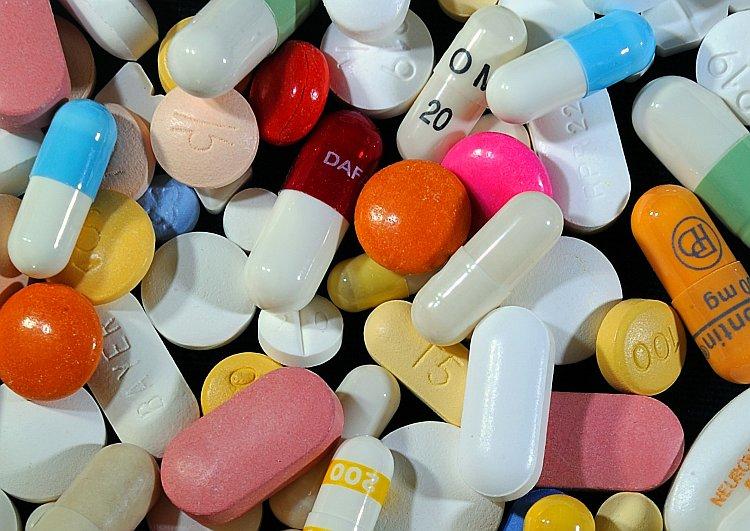Fake drugs plague public health systems worldwide. But one expert says the problem won’t go away without a tough international law.
According to Amir Attaran, 80 percent of pharmaceuticals sold in the United States come from a foreign source. A professor of law and medicine at the University of Ottawa, Canada, and a frequent adviser on drug policy, Attaran says that while America exercises comparatively high standards, most of the medicine coming into the U.S. supply is governed by global rules.
“Countries have open borders, but they don’t have shared defenses against criminally exploited supply chains,” he said. “There needs to be treaties governing pharmaceutical safety. To me this is the single most important thing that can be done.”
Attaran was part of a recent forum sponsored by the nonprofit American Enterprise Institute (AEI). Panelists discussed the challenges in identifying substandard drugs, and the risks these products pose to public safety.
Experts discussed a wide range of issues—from counterfeiters exploiting the high demand of expensive antimalarial drugs in developing nations, to the resistance among drug manufacturers to come clean when they’ve produced a bad product. But to Attaran, the issue largely comes down to one of proper governance.
“This is fundamentally a legal problem; it needs a diplomatic push to achieve [its goal],” he said. “Without that, all your talk about improving regulation and making medicines better is extremely laudable, but utterly unattainable.”
In many developing nations, authorities lack the resources and regulatory muscle to properly root out the bad products. But experts say even when criminals are found, nations are often without the political will to inflict proper punishment and prevent crimes from occurring again.
Dr. Andreas Seiter, the top pharmaceutical policy expert at the World Bank, said a lot could be achieved simply by identifying the perpetrators.
“You have to at least have naming and shaming of manufacturers,” he said. “By just naming in public and withdrawing from the market products that have failed, it is a sufficient blow to the companies selling them.”
But Attaran says the crime lacks an appropriate stigmatization even in advanced countries. He says the problem stems from a comprehensive international trade law with no international criminal law for public safety goods to balance it. The result is a world that legally permits the trade of falsified and substandard medicines. It’s what Attaran calls “a half-baked model of globalization.”
“So, if my country, Canada, exports medicines to the United States, normally that would be a good thing,” he said. “But if my country supplies your country with falsified medicines, as some Canadian Internet pharmacies do, there is no legal obligation on Canada under international law to cooperate with American authorities to bust the perpetrators.”
As a case in point, Attaran shared an example of a Canadian man who is currently being tried for selling fake medicines to the United States. Officials in other countries along the supply chain—one that extended from China, the Middle East, and the U.K.—began various investigations once they heard of the problem, but Canada refused, even though officials knew where the perpetrator was.
It wasn’t until operations moved to Panama that the Canadian drug seller faced prosecution, as Panamanian officials extradited the man to the United States. But Attaran said he could have been stopped much sooner.
According to the professor, Canada is too soft on fake pharmaceutical crimes, and they have no legal obligation to cooperate with American authorities. “The maximum penalty in Canada is three years imprisonment, but I’ve never heard of three minutes imprisonment, to be frank,” he said.
While punishments are a bit harsher in the United States, Attaran said the crime still lacks the appropriate stigmatization. “To be honest, in the United States and Canada if you were busted with marijuana, coke, or heroin, you would face worse judicial outcomes.”
Attaran suggests setting up a defined set of international medicine crimes that all countries could agree upon. He admits that the process will take some time, but believes that standards will only rise once there is an international law obliging us to do so.
“This deserves to be punished as the severest of crimes,” he said. “These falsified medicines are the pharmaceutical equivalent of a hijacking. They occur when criminals exploit something in the legitimate market willfully and set out with the intent to harm public safety.”
The Epoch Times publishes in 35 countries and in 19 languages. Subscribe to our e-newsletter.







